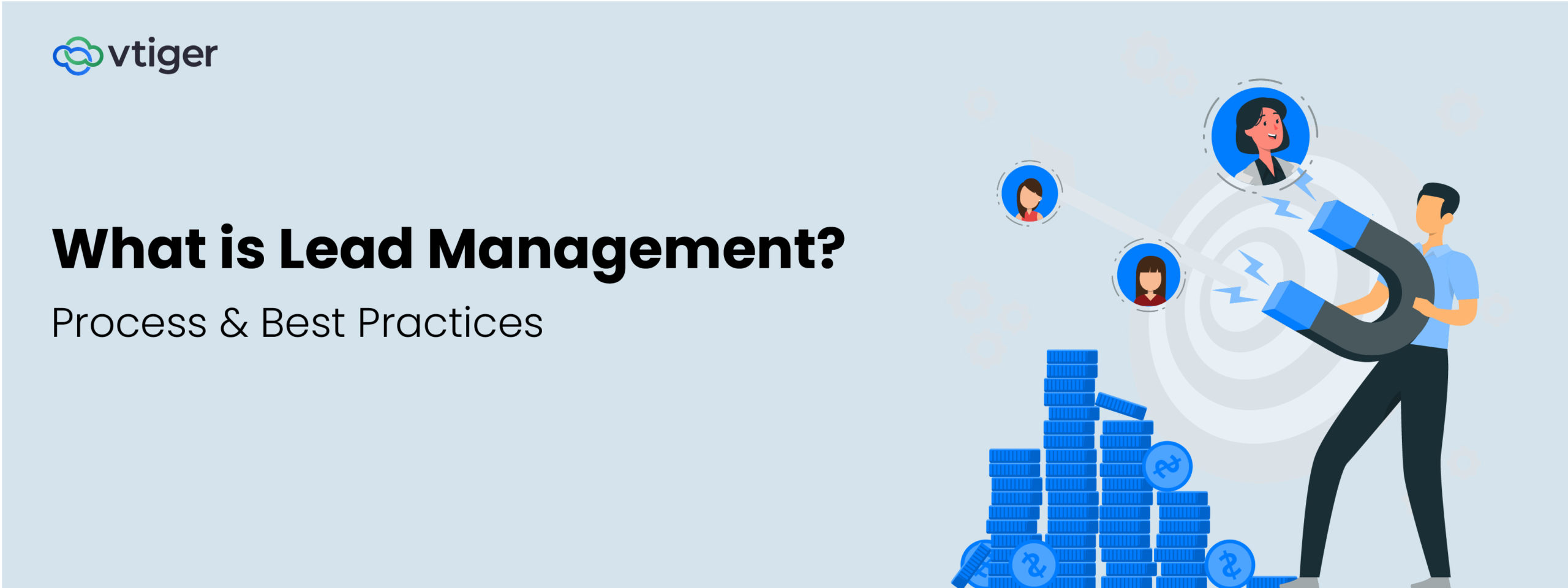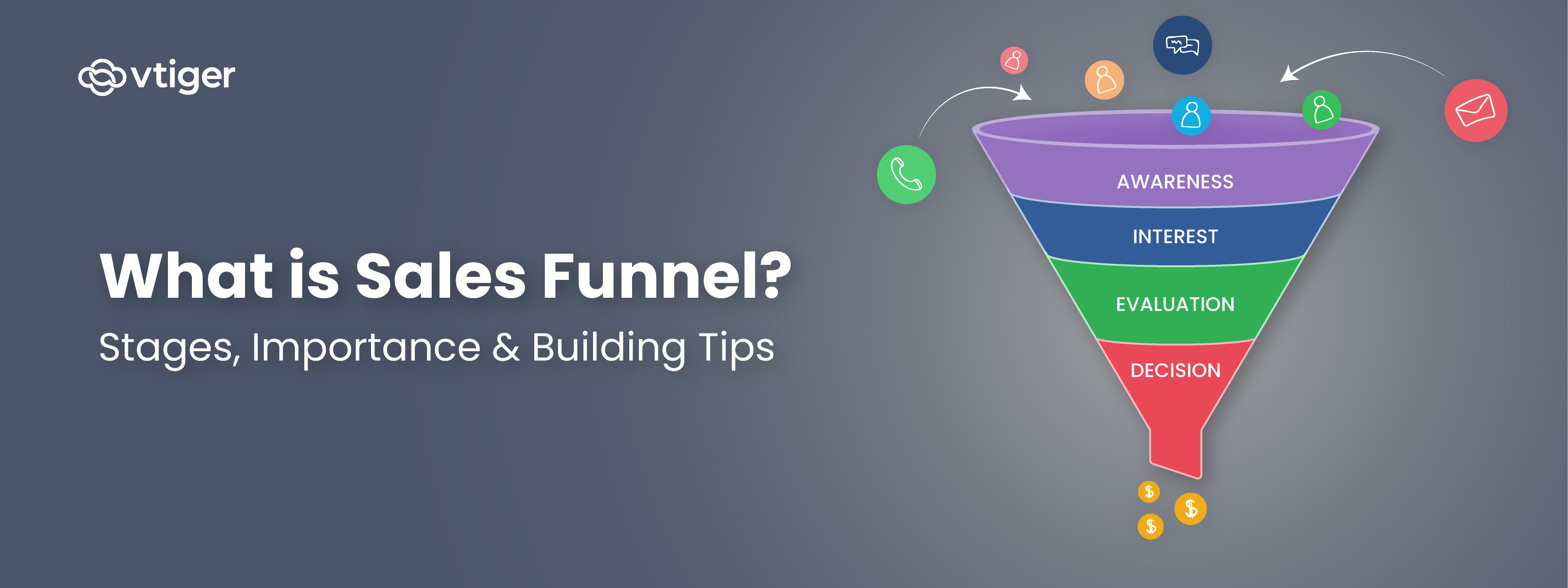If you think AI is a recent phenomenon, then this nugget might amuse you. While the term ‘Artificial Intelligence’ was first coined in 1955, the concept of AI was first discussed in ‘Ars generalis ultima’ (The Ultimate General Art) by Ramon Lull in 1308 CE*.
Now that was a very long time ago! Today, AI has touched many aspects of our lives. It seems to be everywhere.
Whether it is video recommendations on YouTube, product recommendations on Amazon, or traffic predictions on Google Maps, AI-based algorithms are helping us every day. We are all benefiting from it in one way or another in our personal lives.
AI has made inroads at work too – in improving business functions. In factories, AI is improving safety and productivity. In HR, AI helps employees get real-time help on leaves and payroll questions. In marketing, AI can help target the right audience for a campaign. In customer service, AI provides real-time responses for FAQs via chatbots and frees up agents’ time to work on complex queries.
AI in Sales
Once we demystify AI, it is easy to see why it can be effective in the sales process too. AI reads patterns in historical data with great accuracy. Specifically, patterns, where certain early-stage behavior along with the profile might lead to a specific future behavior or outcome.
Consider the following instances:
- Email status: Whether an email will be opened or not when it is sent at a specific time.
- Document: Whether a document has helped or not in advancing to a later stage, etc.
Now each individual and each client is different. When you have thousands of them, and possibly hundreds of data points for each one, patterns will emerge.
AI was built to read patterns and has advanced to a level where little or no manual intervention is required.
AI systems can comb through vast amounts of data and repeat the process thousands of times to find patterns leading to specific outcomes (for example, deal won or lost). Some AI models have inbuilt mechanisms to improve accuracy by predicting on historical data and verifying whether predictions are matching to their actual results, and iterating it over and over with adjustments until the accuracy rate is high.
Sales teams have already started to gain from AI-based applications that ultimately help them win more deals, and close deals faster.

Here are 15 critical areas in sales that can benefit from AI.
Lead & MQL Stage
- Profile Enrichment
Sales reps usually spend time on LinkedIn or other resources researching prospects. Tools that can bring in useful details given an email address or company name can be very handy and save time for sales reps.
- Lead scoring
Sales reps lose a lot of time chasing poorly qualified leads. By reviewing engagement behavior and profile characteristics of leads, AI applications can identify characteristics in leads that lead to higher conversion. Engagement on emails, websites, social channels, along with profile data, are all factors that can help predict the likelihood of conversion.
- Show duplicates
However sophisticated your system might be, duplicate records do enter the system. Very often this is due to slight variants in the text used for the same contact or organization or deal. Programs can watch for such duplicate records and alert sales reps so that information is not scattered in different records.
SQL Stage
- Best time to contact
Improve the response rate by sending emails or making calls when your contacts are most likely to be willing to engage. Based on their past engagement with your team, the system can suggest suitable time-slots to call or email.
- Email assistant
When responding to an email, AI can suggest documents or templates that Sales reps can insert with a click.
- Document recommendations
As the deal progresses through different stages, certain documents such as case studies, comparison documents, or ROI documents might help your prospects as they evaluate your product. AI-guided applications can look at historical data on the success rate of different documents and make timely recommendations.
- Idle contact reminders
Selling is the process of building a relationship. It is important to keep engaging with your prospects, even those that do not have an immediate need. Idle contact reminders can help Sales reps keep in touch with their prospects.
Deal Stage
- Deal score
Knowing the likelihood of success on a deal is important to take corrective actions ahead of time, and to generate predictable forecasts.
- Deal alerts & Task recommendations
Besides document recommendations, Sales reps can also benefit from other tips that overcome hurdles. For example, the system can alert:
- Sales reps if a decision-maker is not yet identified but the deal moves into the ‘Qualified’ stage.
- Managers if the client profile fit is low for a deal, and they need to step in to offer guidance to sales reps.
- Action-Items from emails, calls & meetings
How often have we missed follow-up tasks that we promised? By analyzing the communication in calls and emails and using NLP, AI applications can pick out the action-items to make it easier for sales reps to follow up.
- Price optimization
What is the right discount to give to a client? Should a discount be given at all? AI-based systems can suggest the right discounts or price variations based on data from past sales.
Customers
- Upselling & Cross-Selling
When is it the right time to upsell? Or what other products might your client benefit from? Using AI, you can identify opportunities to expand your existing client relationships.
Sales Managers
Sales leaders want to put salespersons in the best position to succeed. Besides needing accurate forecasts, they need timely alerts to assist with specific deals and find areas where salespersons need coaching. Here are some areas where AI can assist sales leaders.

- AI-based forecast
Get more reliable forecasts by applying machine learning models that consider all the engagements related to a deal that could influence its result. Don’t just go by your hunch!
- Call analysis
If you are managing a team of 10 sales reps, it is impossible to manually review calls even if each one spends 3 hours on the phone per day (that means you have to review 30 hours in your 9 hours even if that is the only thing you do). AI-based tools that apply NLP can provide stats such as Mood, Talk-to-listen, Longest monologues, etc.
- Coaching
AI-based tools can flag emails and calls that fall short of best practices, to be reviewed by the sales managers (aka coaches). Coaches can find sales reps that need assistance on specific aspects of conversations (agenda setting, or discovery questions, etc).
Try Vtiger Calculus AI for free until March 31st 2021. It is time to put AI in the hands of your sales teams.
Deal scoring, Deal recommendations, Email assistant, Call analysis, & Coaching features are all a part of Vtiger Calculus. Vtiger Calculus is an add-on that is available for Vtiger Sales & Vtiger One editions (Professional & Enterprise tiers).
References * – Here is a short history of AI written by Gil Press for Forbes and published on Dec 30, 2016.



